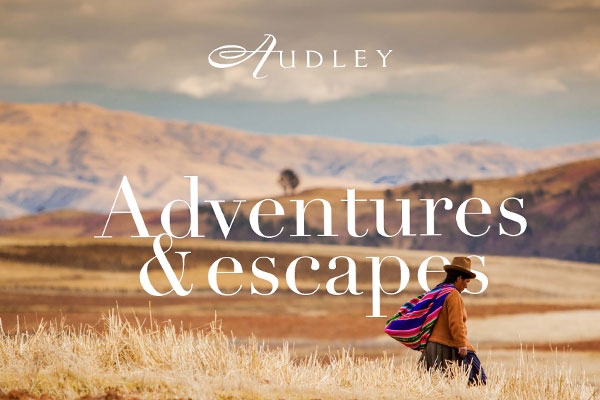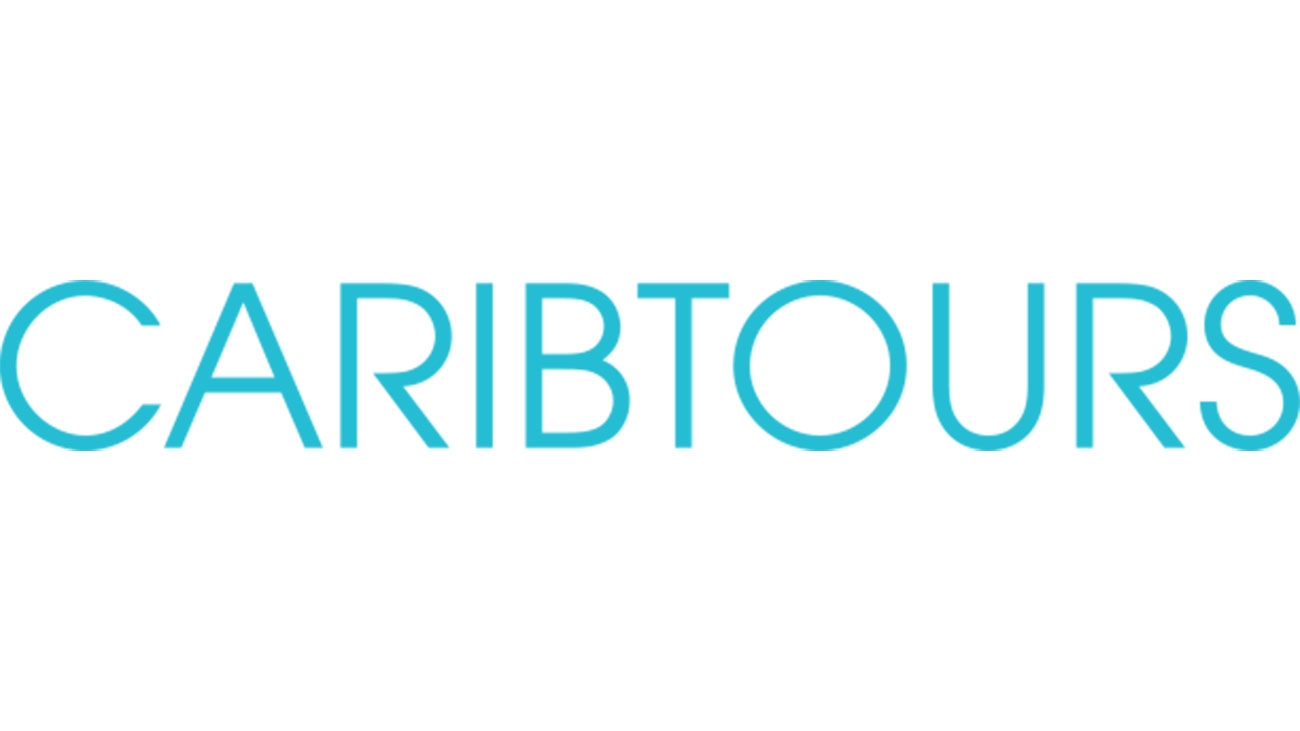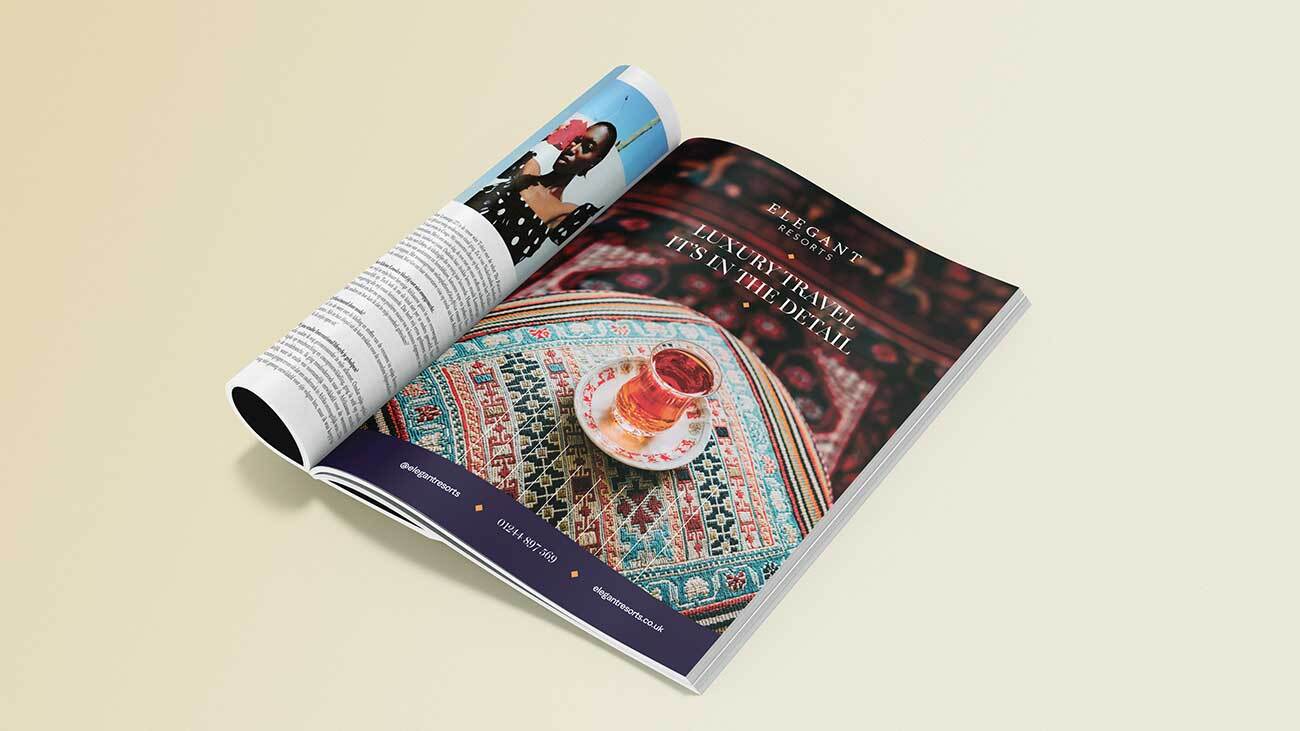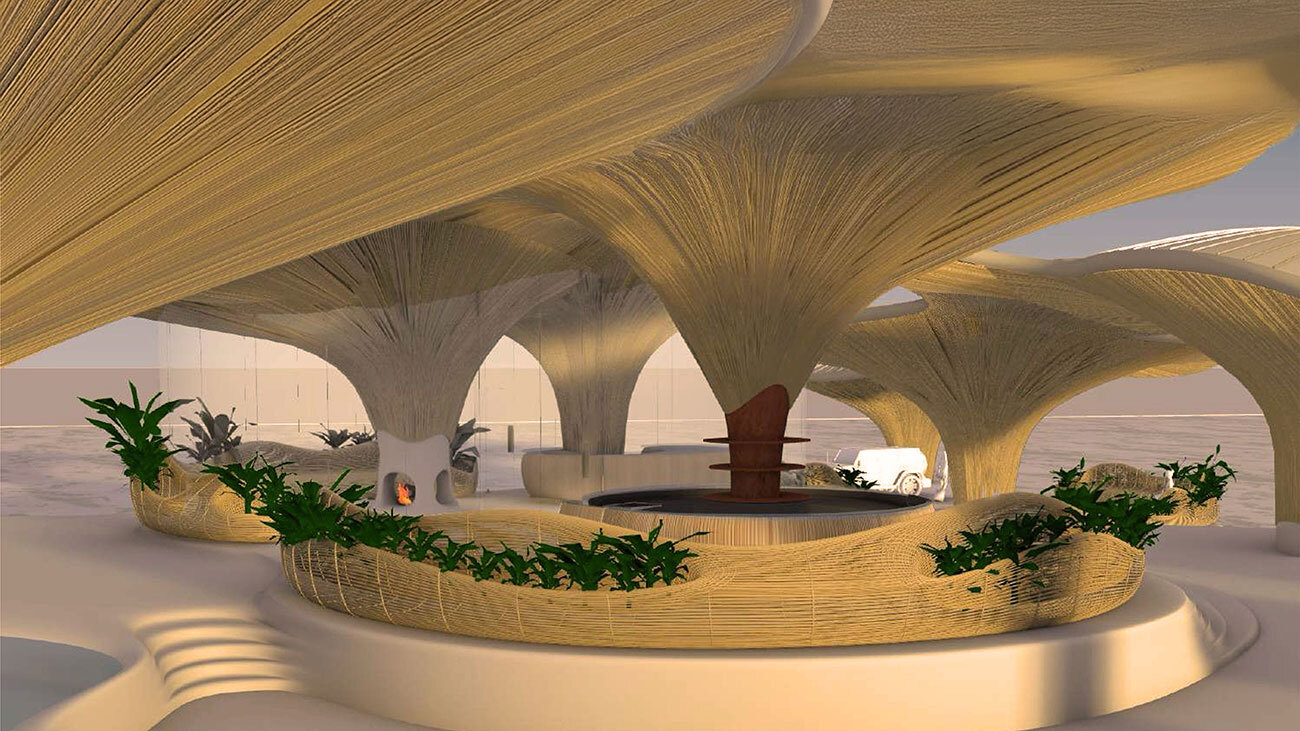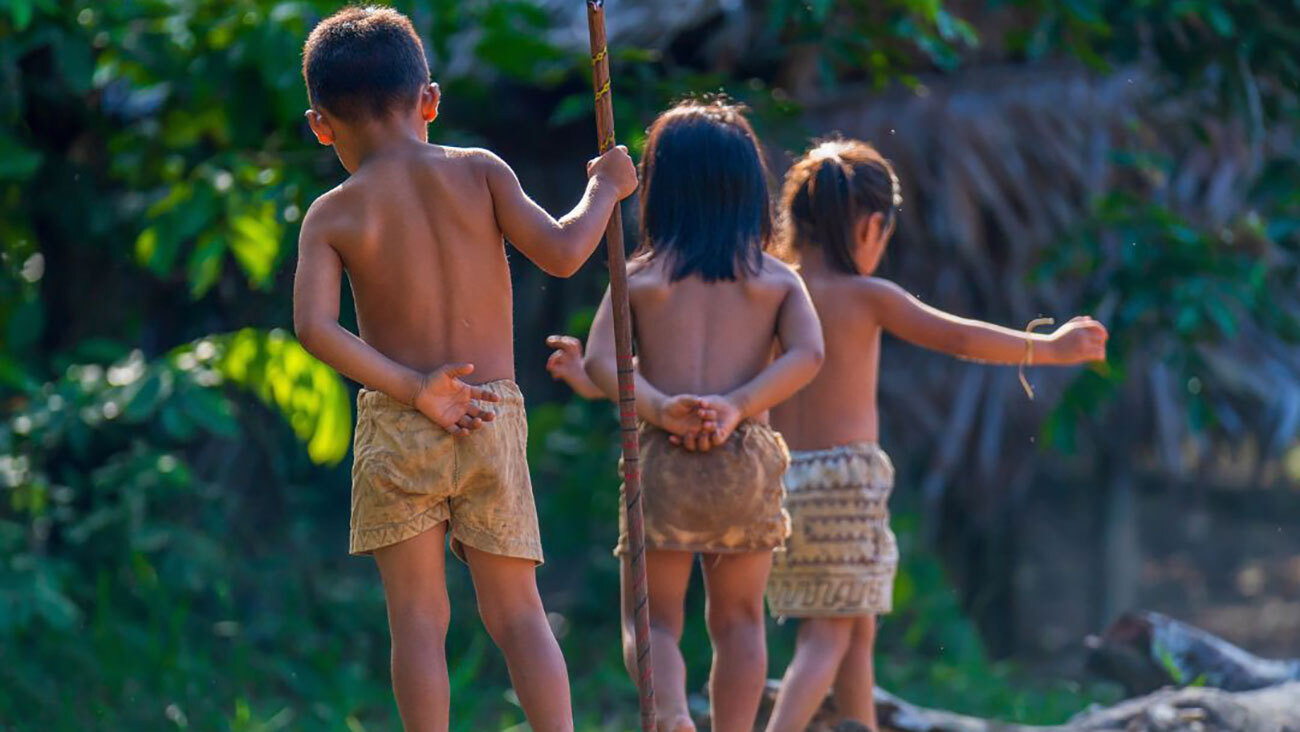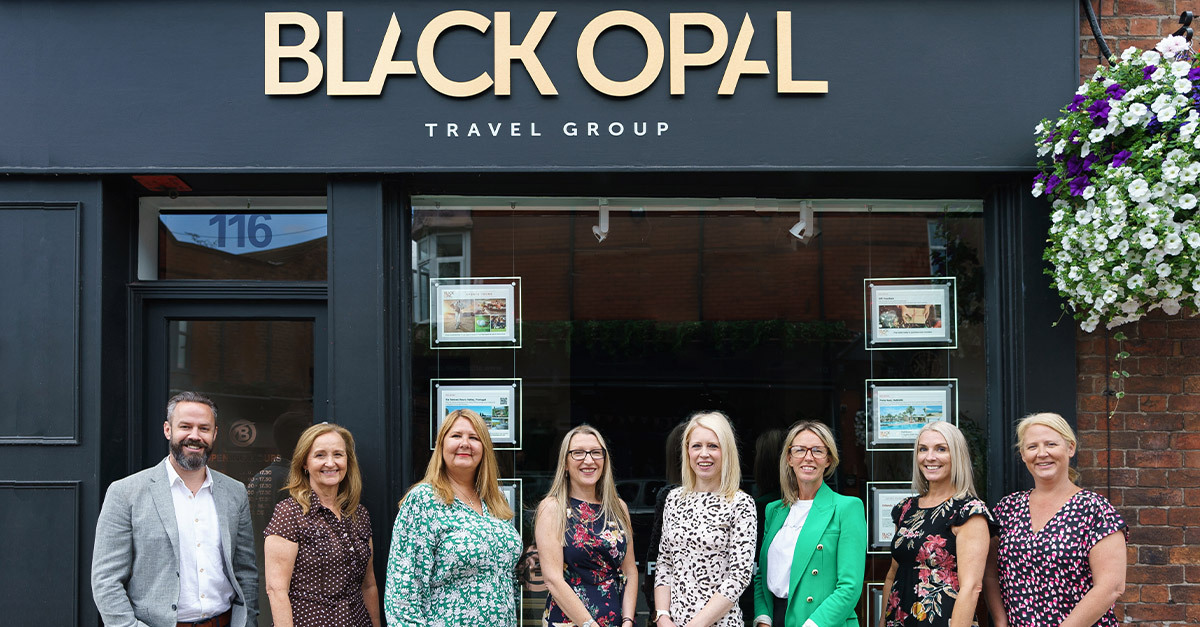‘Alternative’ destinations on the rise among high-end travellers
A lean towards ‘slow travel’ among high-end consumers is resulting in clients considering alternative destinations and travelling at off-peak times, according to a panel of Virtuoso advisors.
Speaking at the luxury travel network’s 36th annual Virtuoso Travel Week in Las Vegas, agents agreed high hotel prices and limited availability in peak seasons, alongside a growing conscience toward responsible travel, was driving a change in consumer behaviour.
Carolyn Addison, head of product at Black Tomato, said: “One of the trends we’re excited about is extended season and shoulder season travel. I think it’s the Italian tourist board that uses the term ‘community-conscious travel’, so travelling at times when destinations aren’t already at over-capacity through visitors.
“I get really excited when I see bookings for Venice in December, not only for the hotels that I’m sure are grateful but also for the clients who are going to have a better experience than they would in August in the heat with all the crowds.”
Cathy Holler, president and chief executive of Canadian agency Momenti Travel, said “sticker shock” regarding pricing was prompting a “shift” in where clients decided to travel.
“I have never had a request for Sardinia, and suddenly this year, I have three instead of Sicily,” she said.
“In Africa, Zambia seems to be popping up as an alternative destination to Botswana as it’s so expensive.”
Addison agreed: “We see some clients who might come to us for Italy, and maybe we are recommending that they think about Slovenia or Croatia instead, not just because of the [price] but availability as well, which can be challenging in certain places at certain times.”
However, she added: “But then there are other people who say, ‘I've always wanted to go to Grand Hotel Tremezzo or Passalacqua and I don't care what it costs.’”
Roland Howlett, director of Sydney-based agency Frontier Travel, said his business had witnessed a move towards clients “exploring the alternative” and said the trend was also extending to cruise.
“What we're now seeing is people have done Antarctica once, and they enjoyed their experience with how an expedition cruise works, and they’re going back, so Antarctica then leads to Greenland, Iceland or the Arctic,” he said.
“Similarly, with the Kimberley region in Australia, one of the best ways to do it is with an expedition cruise, and then those passengers are now exploring East Indonesia, Papua New Guinea and Borneo.”
He added: “[Clients are] moving slower, moving more sustainably and engaging [with] the communities.”
Holler said travellers were also becoming more inclined to spend more time in a destination to “lengthen the experience”.
“One of the things we've seen is the desire to slow down and to look at destinations more deeply than they have before,” she said.
“The typical American or Canadian safari [previously involved spending two nights at four different properties] and it's now four nights and four nights, or even sometimes it lengthens to four, four and four.
“So that whole lengthening of the experience, the desire to engage with the culture, engage with a cause around sustainability or around community or conservation [is proving popular]. I did not have that coming up in a conversation without prompting it before. It's now coming up in the conversation. And it's not just Africa. It's in Europe too.”
Addison agreed, adding: “Our length of stay has stayed the same in terms of the overall trip, but if we say normally, our trips are about 12 nights, before we would have seen an average of four stops, and now it's closer to three stops.”


